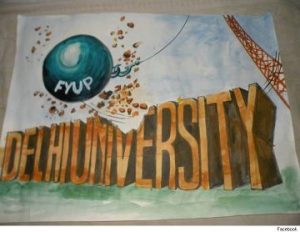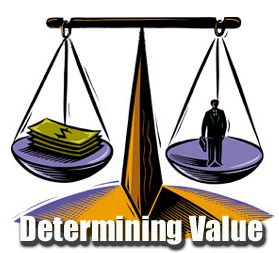“First the tweets come, then the pictures, then the video, and then the wires.” – Guardian journalist Matthew Weaver
All throughout the Arab league, social media had not only been the biggest instrument of change, but also the primary source of news. In the Arab world, where the media was state-owned and heavily censored, public-spirited citizens made full use of blogs, Facebook and Twitter for rebellion. If caught, they were detained and tortured by police. But that still didn’t stifle their voices. Once anything goes online on social media, it keeps proliferating.
Prior to this the mainstream media (News channels, Newspapers etc) were wary of twitter, looking at it as almost a rival. Soon they realized they had no option but to adapt to the swiftly changing media landscape. During the Haiti earthquake and the Katrina Hurricane in USA, media houses and wires were briefly dependent on twitter, till their reporters reached on ground. But during the uprisings in Tunisia and Egypt, Twitter was the only source of information, and tweets came in real time, leaving no option for the mainstream media but to adopt it.
This drastically changed the role of the Journalist- from a news producer to a news curator. Since journalists could not themselves produce news, they started collecting the best tweets and interpreting them for the public.
This also altered the news gathering function of the reporters. Twitter has now taken over as the main social sensor of news.
News channels can no longer claim the monopoly of breaking the news. More of than not, they actually depend on twitter for breaking news.
However the most important question remains- how can we determine the veracity of the tweets?
During the Arab Spring and Israel-Palestine conflict, many real-time tweets were taken on their face value and accepted as the truth. While many of them were indeed true, some turned out to be propagandist and manufactured lies. How does a journalist, or a normal citizen reading the tweets differentiate between what is true and what is not? This also makes Twitter a very dangerous tool if given in wrong hands.
A bigger question arises, that who is a journalist? Does anyone who tweet about the conflict using trending hashtags qualifies to be called a journalist?
This dependence on twitter does not mean that journalists are abandoning older forms of reportage, but simply supplementing them.
Twitter may have done some good for Journalism, but questions of verification, objectivity and veracity continue to plague it.
This was the part II of the Arab Spring series.





38 Comments. Leave new
nice article 🙂
Thanks 🙂
Well written!
Thank you.
The truth has finally been spoken, well said!
Thank you 🙂
Well explained. It all gets down to what do you want to focus on the positives or the negatives. Nice article 🙂
That’s very true 🙂
very nice article…
Thanks a lot.
Nice!
Thanks.
Good arguments put forth.
Thank you.
very interesting read
Thanks a lot 🙂
Nice
Thanks.
Hey Chandni…very well written yrrr
Thanks Akanksha 🙂
interesting, nice article!
Thanks 🙂
Interesting+ well written
good effort !
🙂
Thank you so much 🙂
Good work::))
Thanks 🙂
hie chandani…,
Actual fact has been spoken…. finally….
a well written article…. !
Thanks a lot.
Well written.
Thanks.
Good Article!
Thank you.
Good job, Chandni!
Thanks a lot.
Interesting Read. The article gives us an picture of how the importance shifted from TV and other forms of media to the twitter and how depending on twitter has its own pros and cons. But I feel relying completely on whatever twitter says is harmful and twitter has still not achieved the level of credibility that news channels have and probably twitter can never gain that too
That’s very true. Even though it’s extremely helpful, it can never be as credible as the TV news channels 🙂
Oh wow!
Nice Article. Twitter makes ordinary people journalists Arab Spring is just an example.